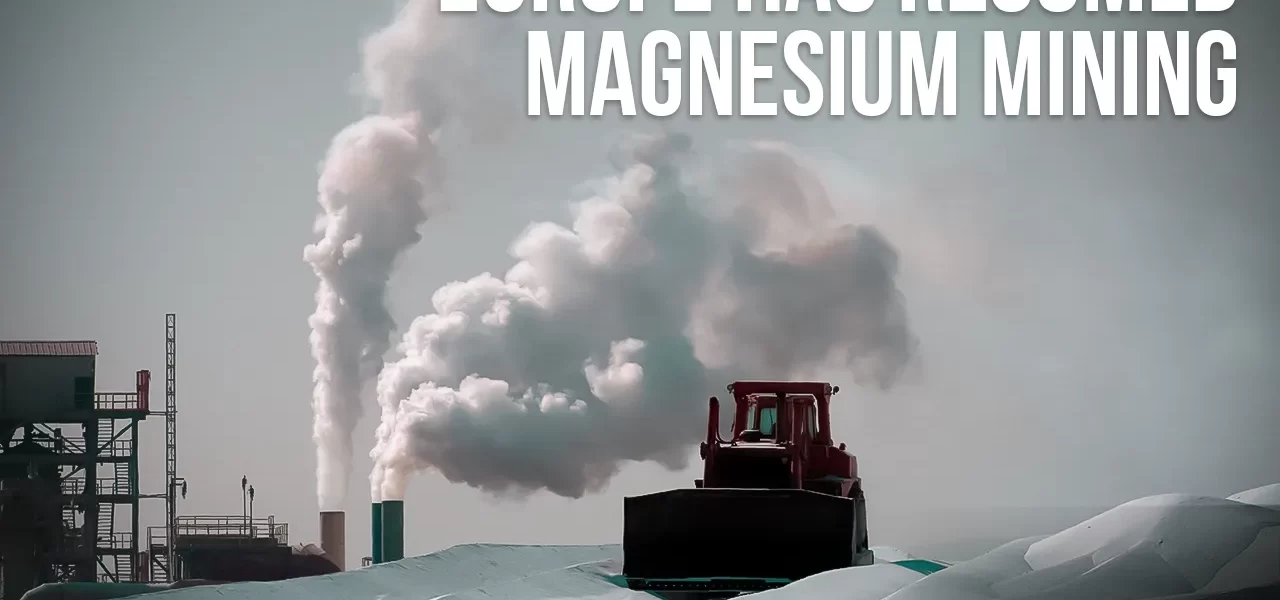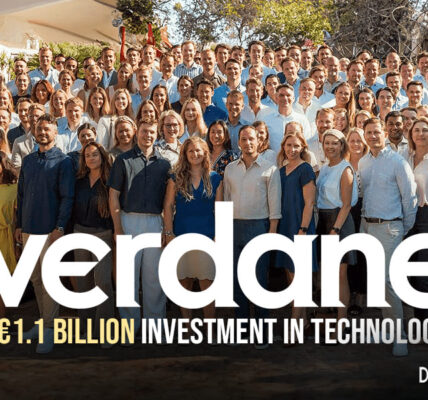Europe is set to resume magnesium mining after more than ten years, aiming to decrease its dependence on Chinese imports of vital raw materials. Romania, an EU member, recently granted a mining concession to Verde Magnesium, a company based in Bucharest and supported by Amerocap, a US private equity investor. Verde plans to inject $1 billion into revitalizing a dormant magnesium mine near Oradea and constructing eco-friendly processing facilities that utilize renewable energy sources and recycle aluminum.
Currently, over 90 percent of the European Union’s magnesium, essential for producing lightweight aluminum alloys used in various industries like automotive and packaging, is sourced from China. The disruption in Chinese production in 2022 due to soaring energy costs significantly impacted Europe’s aluminum industry, prompting concerns about potential plant closures across the EU.
Bernd Martens, chairman of Verde Magnesium and former Audi executive, emphasized to the Financial Times that the Romanian project aligns with Brussels’ objective of securing a more self-reliant supply of critical metals essential for transitioning to a greener economy. Martens stressed the necessity for metals with a reduced carbon footprint compared to current imports to support Europe’s shift towards carbon neutrality.
Verde aims to utilize a previously closed magnesium mine dating back to 2014, the last operating one in Europe. Production is slated to commence by late 2027, targeting an annual output of 90,000 tonnes, which would cover half of the EU’s supply and represent 9 percent of global production.
The company is expected to seek funding from EU mechanisms following its recognition as a pivotal investment by the European Raw Materials Alliance, an industry consortium supported by the European Commission. Currently, China accounts for approximately 87 percent of global magnesium supply and satisfies 95 percent of European demand, despite drastically reducing output to conserve energy amid price increases.
The EU has set ambitious targets under the Critical Raw Materials Act, aiming to mine 10 percent of critical mineral consumption, process 40 percent of it, and recycle 15 percent by 2030. The act streamlines permitting processes and prioritizes strategic projects for funding, though it has faced criticism for lagging behind the US in terms of financial support for projects.
Martens remains optimistic about restarting magnesium mining, despite anticipated challenges such as local opposition and environmental concerns that have plagued previous endeavors. Romania recently won an international arbitration case against Gabriel Resources, a Canadian-listed mining company seeking $4.4 billion in compensation over a thwarted gold mining project due to opposition from environmental groups.





